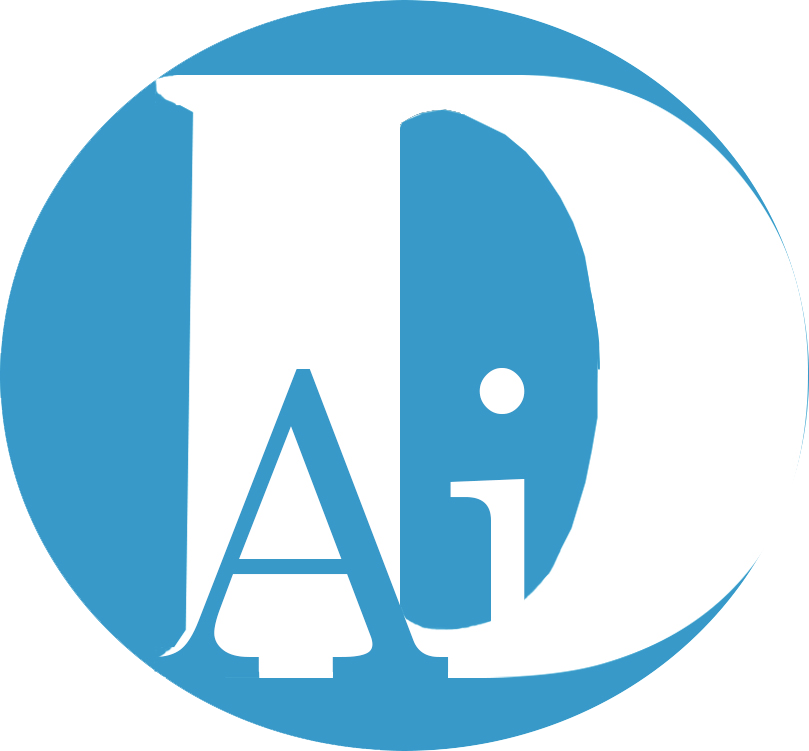Research Data Management Capacity Building Initiative
To continue helping the Canadian social sciences and humanities research community better understand data management and incorporate data management considerations into research practices, SSHRC’s Research Data Management Capacity Building Initiative will continue to fund at least 10 meritorious Connection Grants proposals per competition to support the research community’s development, adoption and dissemination of research data management standards, practices, tools and skills appropriate to their field.
Research data management supports the effective and responsible conduct of research, and increases the ability to store, find and reuse research data. A strong culture of data management will serve Canadian research excellence and support the development of social sciences and humanities insights. It will also benefit Canadian researchers working in international partnerships and collaborations as funders around the globe implement and strengthen data management requirements.
SSHRC, the Natural Sciences and Engineering Research Council and the Canadian Institutes of Health Research released a draft tri-agency research data management policy for community consultation in June 2018. The policy builds on the Tri-Agency Statement of Principles on Digital Data Management (spring 2016). The statement outlines the granting agencies’ expectations about research data management, and the roles and responsibilities of researchers, research communities, institutions and the granting agencies.
Application process
Applicants must complete the Connection Grants application form, and follow the accompanying instructions, as outlined in the Connection Grants funding opportunity description.
SSHRC will accept applications for the Research Data Management Capacity Building Initiative for any one of the following deadlines:
- November 1, 2020
- February 1, 2021
- May 1, 2021
- August 1, 2021
In their application form, initiative applicants must:
- select the “Data Management” option;
- under Keywords, include “Data Management;”
- under Expected outcomes, detail the potential benefits and/or outcomes of the proposed event or outreach activity as they relate to data management; and
- under Description of connection project, demonstrate how the proposed event or outreach activity will support the initiative’s objectives, listed in Evaluation and adjudication below.
Evaluation and adjudication
Research Data Management Capacity Building Initiative applications are subject to the Connection Grants evaluation criteria and scoring.
In addition, as part of its assessment of the proposal’s relevance to the objectives of the Connection program, under the Connection Grants Challenge criteria, the merit review committee will evaluate the degree to which applications respond to one or more of the following objectives:
- develop and/or adopt data management standards, practices, tools and skills within and across disciplines and institutions, with a focus on the social sciences and humanities;
- connect researchers or students with data management professionals and service providers (e.g., librarians, programmers, specialists in research ethics, etc.), and other stakeholders (e.g., research subjects and users) to increase knowledge of data management;
- share and develop knowledge and skills relating to data collection and storage, metadata, preservation, retention, sharing, credit and citation;
- share and develop knowledge and skills related to the responsible ownership, control, access and possession of data used or created in the context of Indigenous research (e.g., the application of OCAP® principles); and
- through other activities, enable the social sciences and humanities research community to strengthen its ability to fulfill the roles and responsibilities indicated in the Tri-Agency Statement of Principles on Digital Data Management, and the requirements proposed in the draft tri-agency research data management policy.
Proposals to conduct data management research, or for projects limited to management of particular datasets or databases, are not eligible. The focus must be on increasing the capacity of a broad group of researchers or students to manage data as a regular research activity.
Contact information
For more information, contact:
Email: connection@sshrc-crsh.gc.ca
Tel.: 613-943-1007



